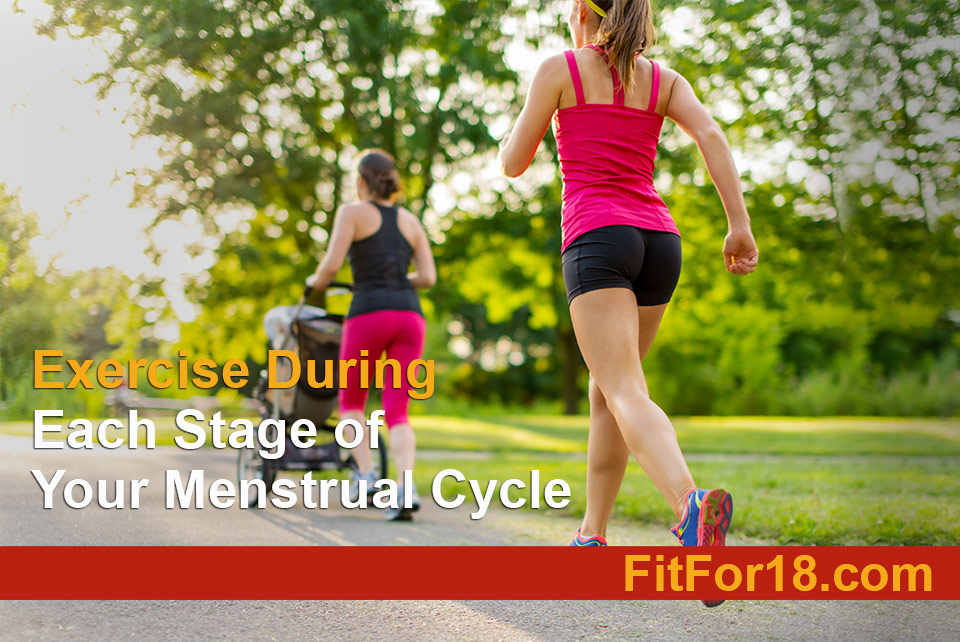I was once asked by a female client about how her menstrual cycle affects her body when it comes to nutrition and working out? As a nutrition and fitness consultant for 18 years, I’ve always felt confident when it came to fulfilling my clients’ curiosity. Contrary to my beliefs, this was probably one out of the handful of times that I wasn’t sure how to answer a question.
Truth be told, as a man, I will never know what women go through when it comes to hormones and menstrual cycles. Now, I could’ve gone online and spent hours researching this topic and writing it from my own perspective, but I felt that I needed a more subjective voice that really understands the female body.
Instead, I took a different approach and consulted with my colleague Brandi Compton-Joseph, M.D. FACOG. With her experience and knowledge, I was able to find out a few interesting facts about the female menstrual cycle when it comes to working out.
Before Moving Forward
I do want you to keep in mind that not all women’s bodies are the same. These general explanations are based on the average female body; and are meant for education purposes. If you have any concerns about your health, it is always best to consult with your doctor or specialist.
Understanding Each Week of a Woman’s Menstrual Cycle
In order to understand how exercise during your menstrual cycle affects your workouts, we have to have a better understanding of how women’s bodies react differently every week leading up to their period.
For the sake of this explanation, let’s assume that the average menstrual cycle lasts for 28 days.
By using this specific timeframe, we can evenly split the month in half and discuss how the first half differentiates from the second half when it comes to physical activity.
Follicular Phase
The first two weeks of a woman’s menstrual cycle is the follicular phase. This begins on the first day of the menstrual cycle and ends when a woman begins to ovulate.
During the follicular phase, a woman’s estrogen levels rise leading up to ovulation. For those who don’t know, estrogen is your primary female sex hormone that is associated with elevated energy levels. Unlike the later part of the month, estrogen tends to be higher during the first two weeks of a woman’s menstrual cycle opposed to the second half. (See chart below)
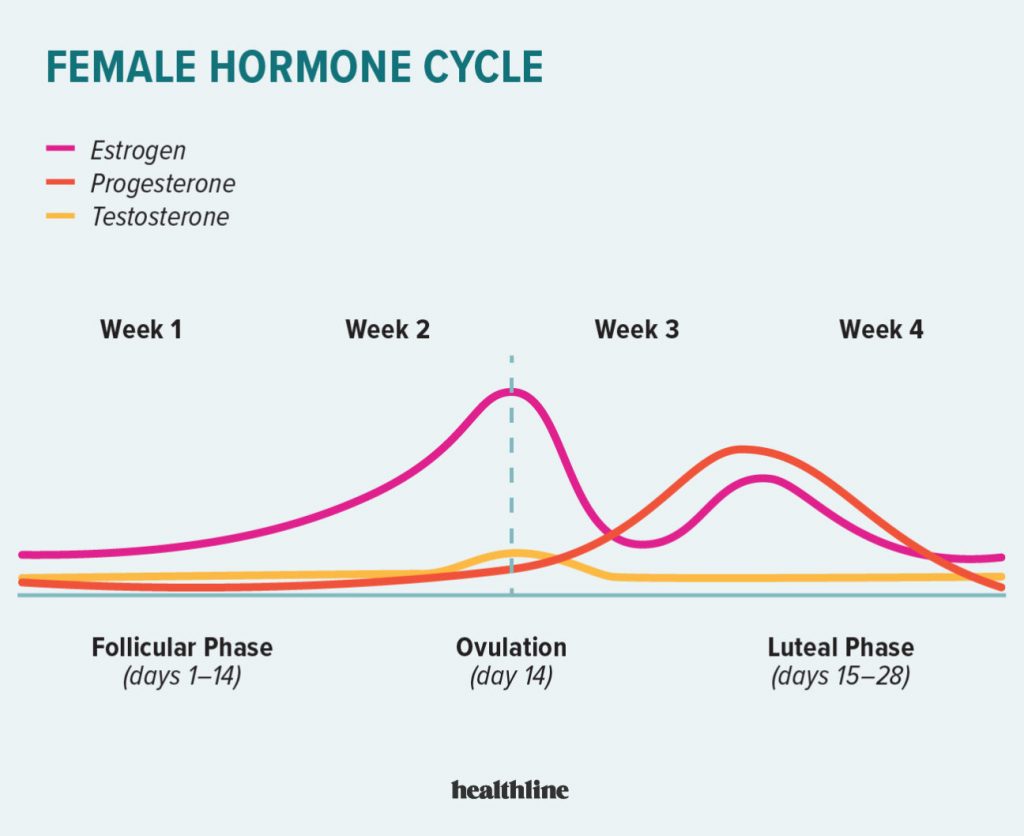
As you can see from the chart, with the rise of estrogen comes higher energy levels. This increased level of estrogen can help women achieve peak performances during workouts.
Therefore, the follicular phase is where you want to challenge yourself. Try pushing yourself through a harder workout, lift a little heavier, or do a little more HIIT training. Don’t be scared to amp it up!
Luteal Phase
The close of the follicular phase is the second half of a women’s menstrual cycle which is called the luteal phase. This phase occurs after ovulation and before up until the beginning of your next menstrual cycle.
Although estrogen levels peak just before ovulation, you should still have enough energy to continue with your workouts. So, during this time, you can hit your workouts and physical activities pretty hard. The only downside is that this phase doesn’t last long. This is because once ovulation is over, progesterone levels start to rise which can cause you to start to feel a little sluggish with your workouts.
You May Feel Tired During The Luteal Phase
Once you start to feel fatigued, you might need to scale back on your hardcore training and just focus on recovery.
This doesn’t mean that shouldn’t workout or be active. It just means that you should consider reducing your hardcore workouts with a lower impact workout routine.
Surprisingly, staying physically active could help with some of the symptoms that are associated with premenstrual syndrome. During PMS, some women don’t deal with any symptoms and for others it is crippling.
From a training perspective, you could deal with balance and coordination issues, and a loss of strength. Although this seems like a laundry list of bad news, there is some good news. Ladies, the one thing you can smile about is that your metabolism increases during the luteal phase. What that means is that your body could potentially burn more fat during this phase.
Can I Still Work Out During Ovulation?
During this time, progesterone hasn’t really started to increase. So you shouldn’t have an issue with energy just yet. But if you do have any issues with energy levels, some physical activity might help increase your energy and slightly boost your mood. If you’re up to it, try exercising earlier in the day. Energy levels tend to be higher during early hours, so you may get a better workout.
What Are The Best Weeks To Work Out?
As a trainer, I always tell my female clients that the first two weeks after your cycle are going to be your best weeks to be physically active. This is where you should aim for your personal bests.
After ovulation up until your next cycle, you might want consider scaling back on your hardcore physical activity. For example, you can do less complex movements, more machines, less weight with more reps, or just do simpler exercises. Try not to give yourself a hard time during this phase.
As far as nutrition goes, don’t be so hard on yourself if you need to have a couple extra pieces of fruit or something else to help with cravings during PMS. Try not to compare your weekly body changes and the way you feel during your workouts as your body physiology changes every week. Take it week by week and just pay attention to your body.
Remember, Every Woman’s Body is Different
Most importantly, always remember that every body is different. What works for you might not work for others. What you experience may be different from other women. If you have any concerns about your health or physical activities, always consult with your doctor. Working with your doctor is a good way of making sure you get the right answers. He or she can also help you decide on which exercise program is right for you.

Dr. Brandi Compton-Joseph MD, is an Obstetrics & Gynecology Specialist in Sugar Land, TX and has over 15 years of experience in the medical field. She a member of the U.S. Women’s Health Alliance, and currently practices at Lifestyle Medical Group, a proud partner of Privia Health.
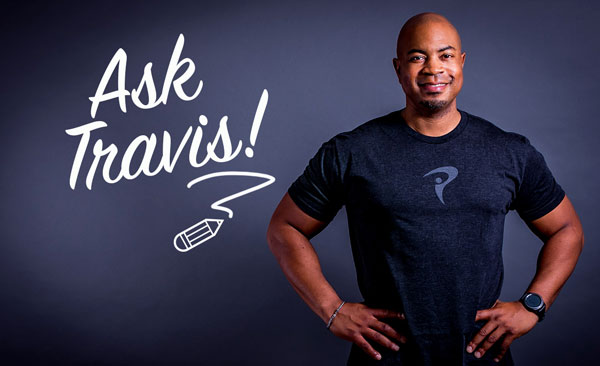
Questions About Weight Loss or Fitness?
I'd be happy to help you on your path towards reaching your fitness goals!
RELATED BLOGS
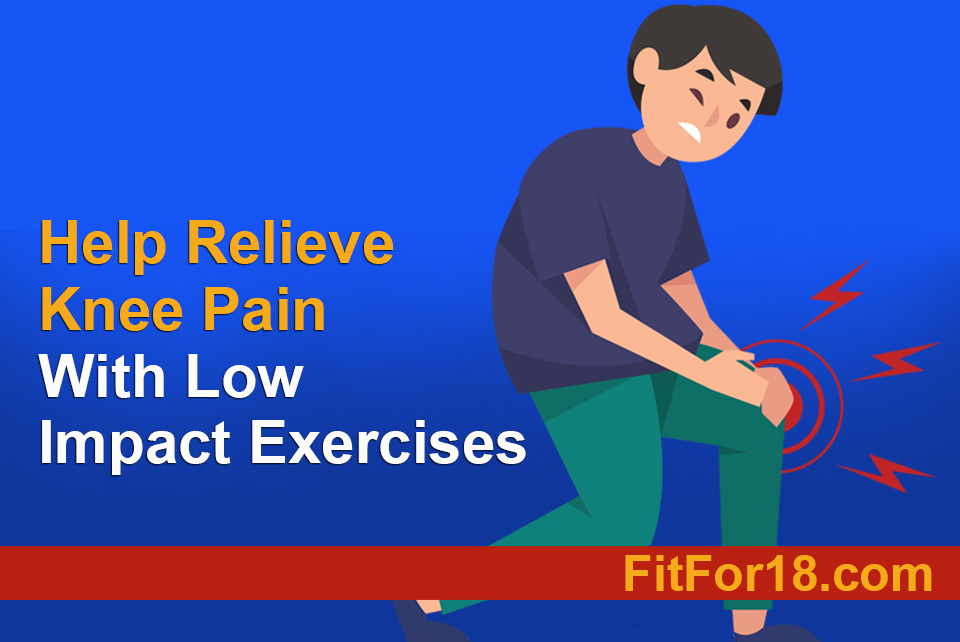
Help Relieve Knee Pain With Low Impact Exercises
Some common causes of knee pains and workouts that can help relieve them.
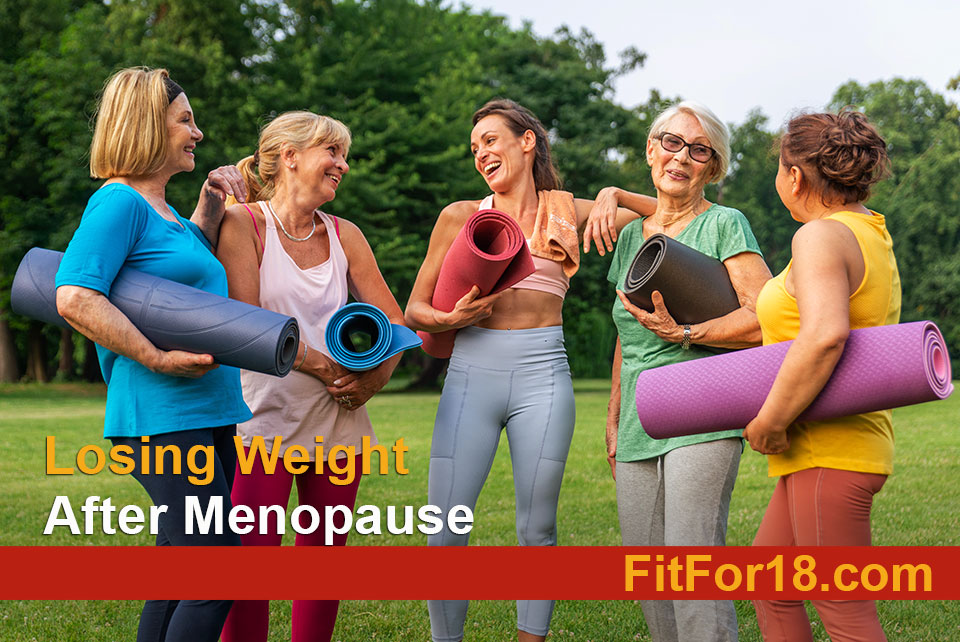
Losing Weight After Menopause
The challenges of losing weight after menopause and how to boost your chances of weight loss.
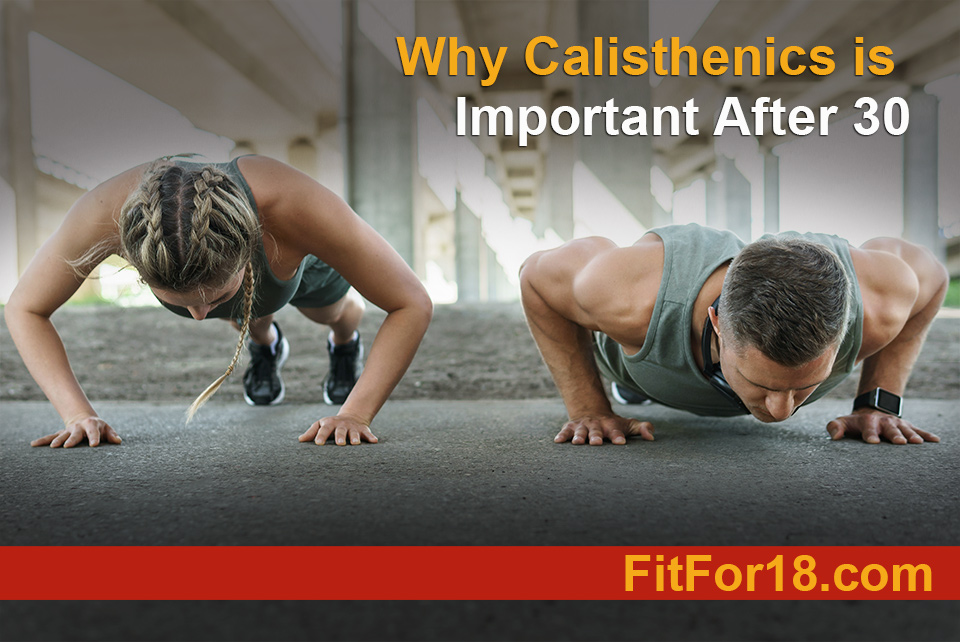
Why Calisthenics is Important After 30
As we grow older, staying active becomes important. The key to maintaining strength & flexibility is calisthenics.
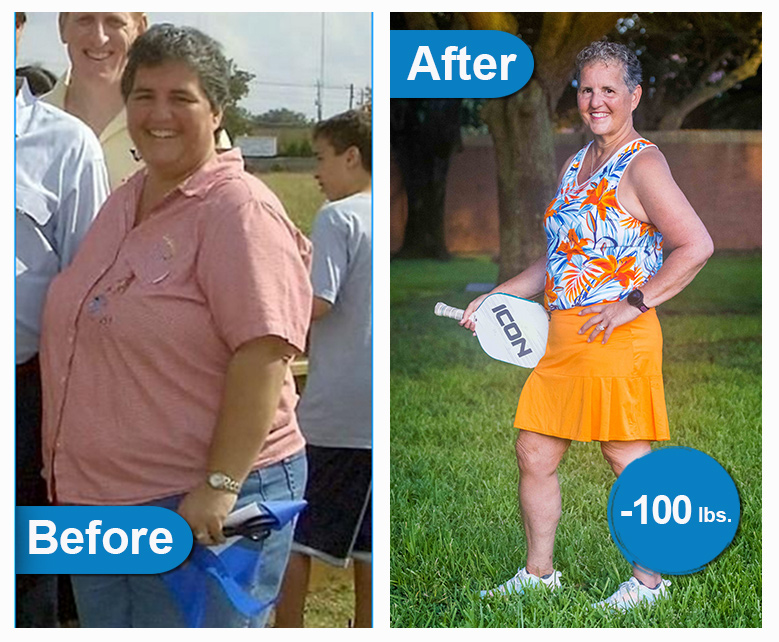
Don’t Get In a Pickle, Have a Ball!
The incredible journey of Sharon Meyer and her 100 pound weight loss!
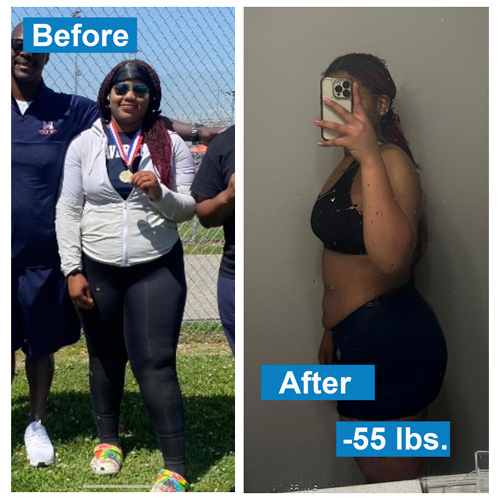
Lose Weight Like Tamia
How Tamia lost 55 pounds on 3 months with Travis Johnson.

The Skinny Shot Ozempic and How It Can Help You Lose Weight
A few facts you should know before considering Ozempic for weight loss.

Staying Active After Retirement
The benefits of staying active after retirement and different workouts that can help you improve your lifestyle.
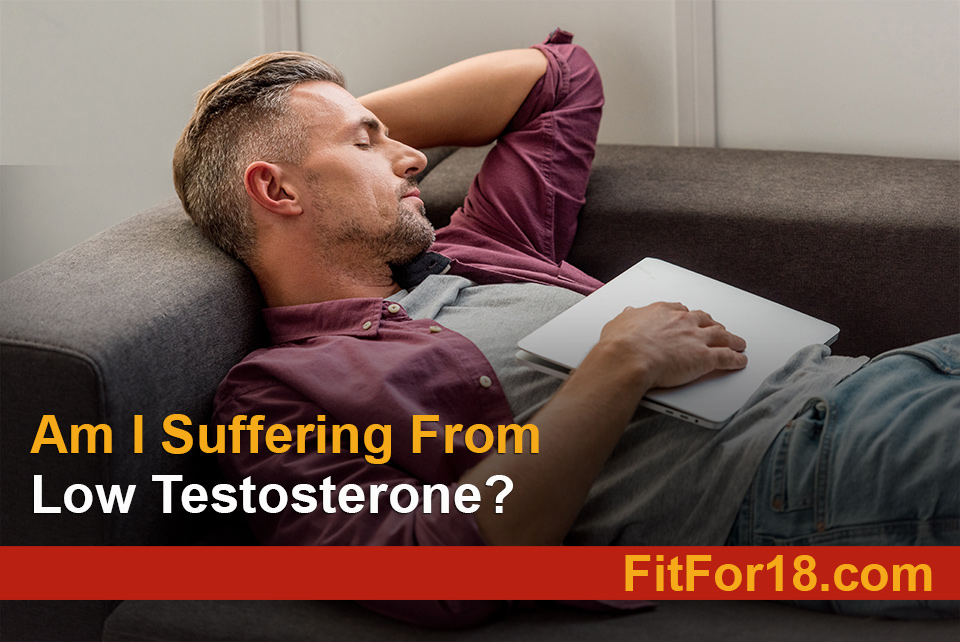
Am I Suffering from Low Testosterone?
Interesting facts about how low testosterone affects men after the age of 40.
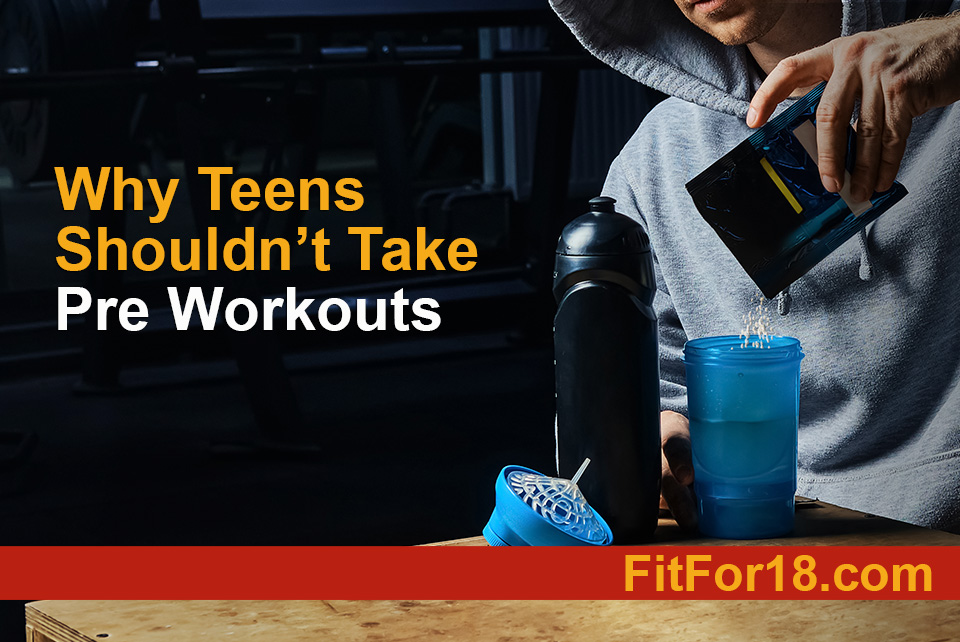
Why Teens Shouldn’t Take Pre-Workouts
The affects of pre-workouts and why they are not ideal for teenagers.
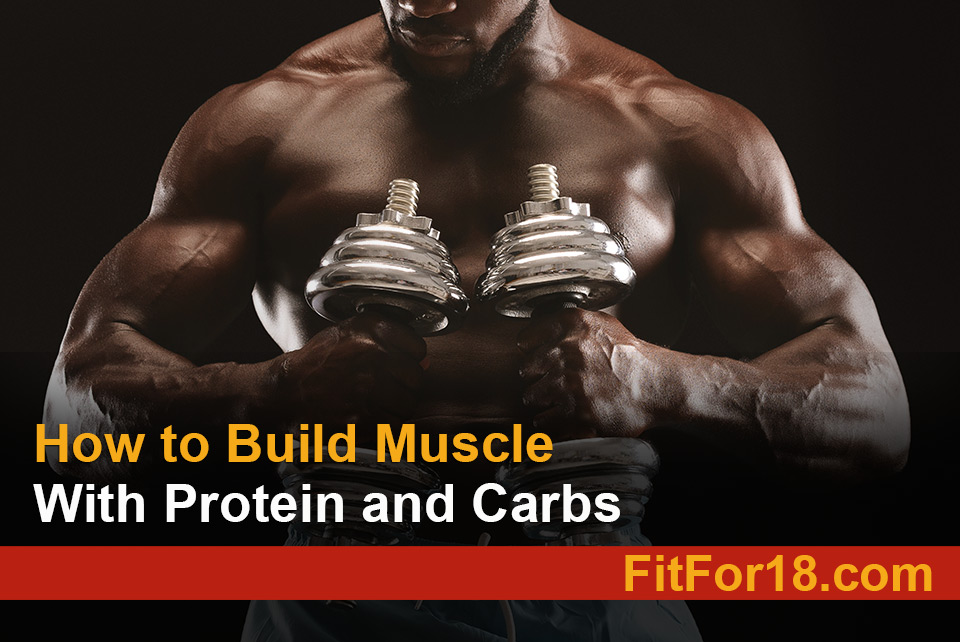
How to Build Muscle With Protein and Carbs
What should you use to build muscle, protein or carbs? My answer is both!

